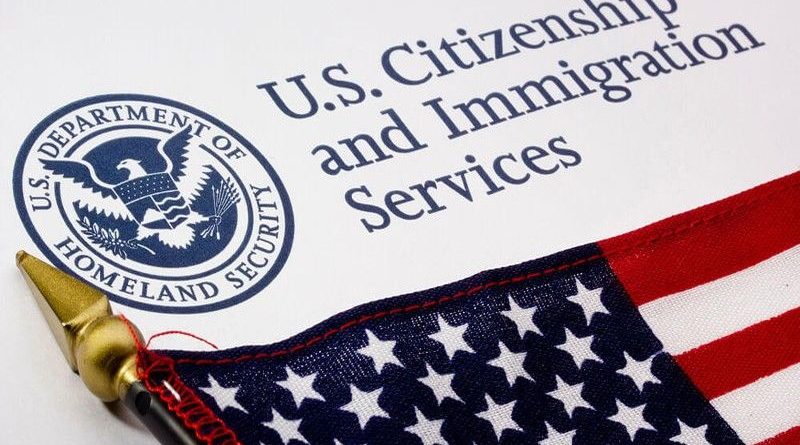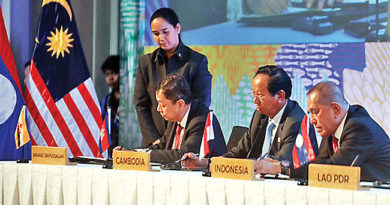US VISA- OPINION-IMMIGRATION CORNER: US Department of State (DOS) updates student visa requirements
OPINION
IMMIGRATION CORNER
– Michael J. Gurfinkel
The Philippine Star

On Dec. 20, 2021, the US Department of State (DOS) updated its Foreign Affairs Manual (FAM) concerning the “residence abroad” requirement for student visas.
Ordinarily, eligibility for a student visa requires the applicant to demonstrate he or she has a “residence abroad” that they have no intention of abandoning, and they intend to depart the US upon completing their studies.
Other nonimmigrant visas have a similar “residence abroad” requirement, such as B (visitor) visas and the like. This is primarily to satisfy the consul that the person has strong social, economic and family ties to their home country so that they have a strong incentive to go back, either at the conclusion of their trip or their studies.
,
However, DOS recognizes the “residence abroad” requirement for student visa holders differs from B visitor visas or other short-term visas. “It is natural that the student does not possess ties of property, employment and continuity of life typical of B visa applicants.”
DOS is aware that students are “often single, unemployed, without property and … at a stage in their life of deciding and developing their plans for the future.” As a result, students “may not be able to demonstrate the same strong “ties” present in other classes of applicants,” as they may not “necessarily have a long-range plan and may legitimately not be able to fully explain their plans at the conclusion of their studies.” In fact, most students are “relatively young and may reside with parents or guardians in their home country.”
Ordinarily, with such a lack of strong ties, a visitor’s visa would likely be refused, but student visa applicants should be given some leniency. Accordingly, when adjudicating a student visa, consuls are reminded, “the applicant’s intent is to be adjudicated based on present intent – not on contingencies of what might happen in the future, after a lengthy period of study in the United States.”
In light of a young student’s actual circumstances, consuls should “consider a student to be maintaining a residence abroad if he or she intends to return to reside with parents or guardians” and “possesses the present intent to depart the United States at the conclusion of his or her” studies.
.
In other words, consuls should not be speculating or concluding that students automatically lack sufficient roots or ties to their home country because of their youth, cannot fulfill the “residence abroad” requirement because they may be studying for years in the US or conclude or speculate that at the conclusion of their studies, they will not return home. Instead, consuls have to evaluate the case based on present circumstances, not future concerns.
This new policy may also make it easier for legitimate students to obtain student visas and be able to come to the US to take advantage of the educational opportunities offered at our universities.
__________________________________________
* * *
WEBSITE: www.gurfinkel.com
Follow us on Facebook.com/GurfinkelLaw, YouTube: US Immigration TV and Instagram.com/gurfinkellaw
Four offices to serve you: Los Angeles; San Francisco; New York: Toll free number: 1-866-GURFINKEL (1-866-487-3465); Philippines: +632 88940258 or +632 88940239











